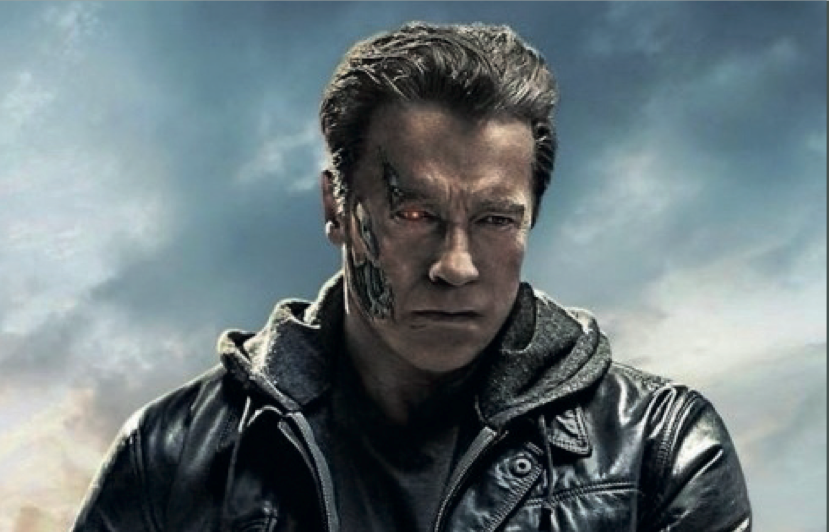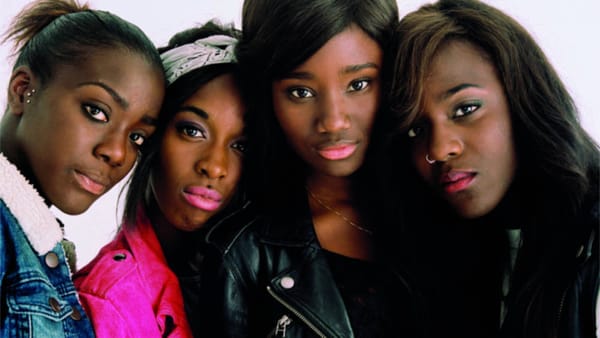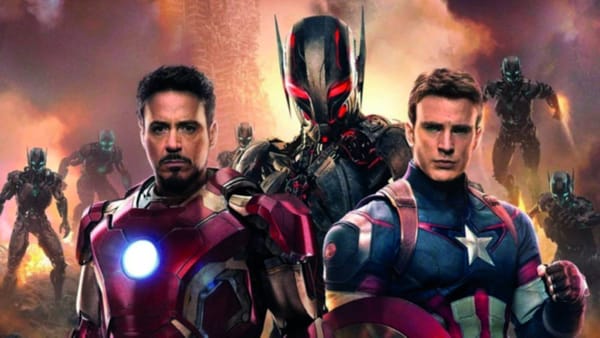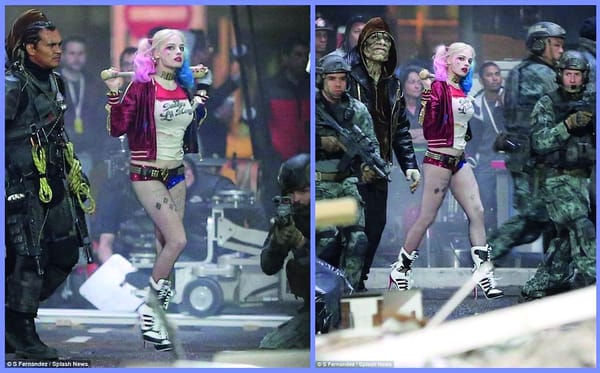Documentary TV: The Theroux Effect
Jonathan Masters finds himself questioning the aims of TV docs
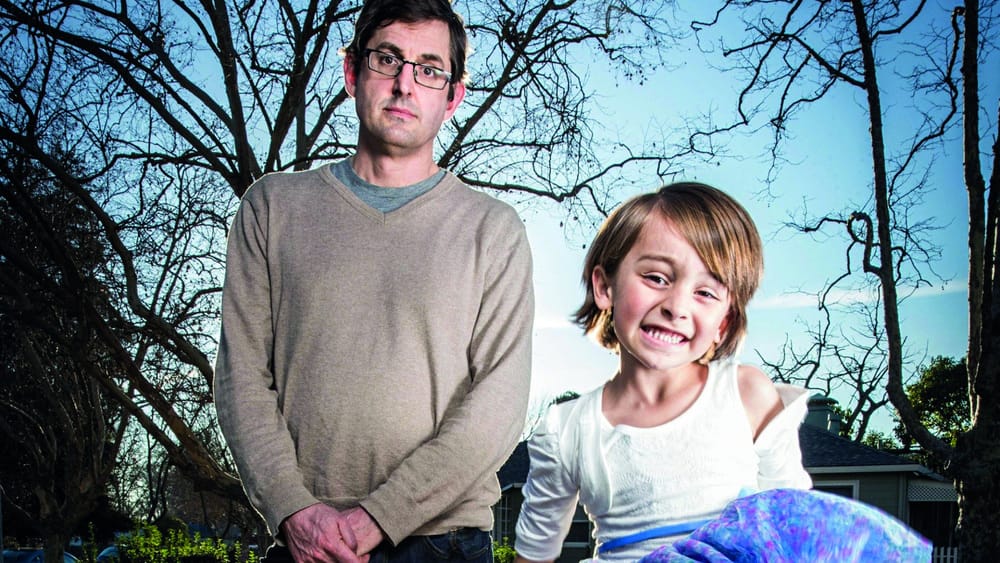
Those of you that have a TV Licence, or have had a look at BBC IPlayer recently (much more likely), will have seen that Louis Theroux – the mild mannered, inherently awkward, bespectacled documentarian – has a new series, of which three episodes have already been broadcast early, due to the Clarkson-shaped hole in BBC Two’s Sunday scheduling. My question is, is it anything more than voyeurism or does he have a genuine positive effect?
Theroux has been making documentaries since 1998, starting off with the often comical Weird Weekends series, which varied from him spending time with Black extremists in America, to trying to embark on an admittedly short lived gangsta rap career. The humour of this series was then slightly lost in his next endeavours, which consisted of numerous interviews with various personalities, including the infamous episode where he interviewed Jimmy Saville, an incredibly uncomfortable piece of television to watch now with the knowledge of Saville’s history of abuse. The next series was to become Theroux’s template for many to come: a much more mature and confident portrayal of issues such as the crystal meth culture of Fresno, or institutions specifically for rehabilitating paedophiles.
His current series has focussed on firstly a two-part piece on a psychiatric hospital for criminals that have committed crimes by reason of insanity, an extremely interesting watch that portrays seemingly placid inmates who have committed horrifically violent crimes. There is an uncomfortably intriguing sequence where it is uncertain if one inmate is falsifying his mental condition in order to bypass serving a longer jail sentence, highlighting the uncertainty of mental health within the judicial system. The third episode focussed on transgender children, the youngest interviewee being a 5 year old who, although born Sebastian, now identified themselves as Camille.
Also an extremely interesting watch, especially highlighting the dilemmas that the parents of these children face in whether or not to dismiss it as a phase, or encourage it to the point of seeking hormone therapy for the child. Quite interesting also for the fact that it evoked a moral ambiguity in myself, making me consider if I would allow my (hypothetical) child to make the same decisions at this age that the other parents had allowed
At its best, documentarian film-making can induce this sort of moral introspection, but one has to wonder where you draw the line between portrayal and voyeurism – whilst watching the first two episodes based in the psychiatric hospital, I found myself drawn to not so much the life of the inmates in the facility, but to what crimes they had perpetrated, and I think that the documentaries themselves are structured in a way that it leads the audience into wanting to know what heinous crime they committed, and almost enjoying the knowledge of it.
Louis Theroux as a documentarian is unparalleled in his curiosity, frequently asking extremely personal questions, even questioning his interviewees’ fundamental beliefs, such as in an episode where he visits the controversial hate-inciting Westboro Baptist Church, leading to his trademark long awkward pauses, and cringe inducing stares. In an interview with Sophie Heawood of The Guardian he stated that his greatest fear was that he “is not helping” the situations that he portrays in order to draw attention to them and provide greater public knowledge; however, this begs the question: Is greater public awareness helpful, or just a passive act?
This is a question that I believe must be asked by not only documentarians but journalists as a whole. It’s all very well writing about the stagnant state of British politics, but perhaps only writing about it is just shifting the responsibility to someone who is willing to actually make that change.
If that is the case, then what is the point? Surely it would be far more effective to try and be the change that you want to see in the world (I apologize for the shoe-horned quote). This issue also came up in the Question Time appearance of Russell Brand and Nigel Farage, where an audience member asked Brand why he has never tried to stand if he thinks that the current selection of candidates are homogenous. Now although I am in no way an advocate for Farage nor Brand, I do think it’s an interesting point: what does promoting awareness do if not pass the torch along the line? Perhaps eventually someone will do something, but what about now?
The Guardian interview with Theroux then ends with Heawood questioning why he does not intervene in places, such as young boy in the Westboro Baptist Church who had a vitriolic hatred of homosexuals, taught by his mother. Theroux replied with “No, I go in to tell stories, to reveal the truth and to try to understand. Not to set people straight,” he says. “I don’t go into this with the agenda of saving the world.” It’s possible that this passive approach, rather than the authoritarian world-policeman one, is a more worthy position to take.


